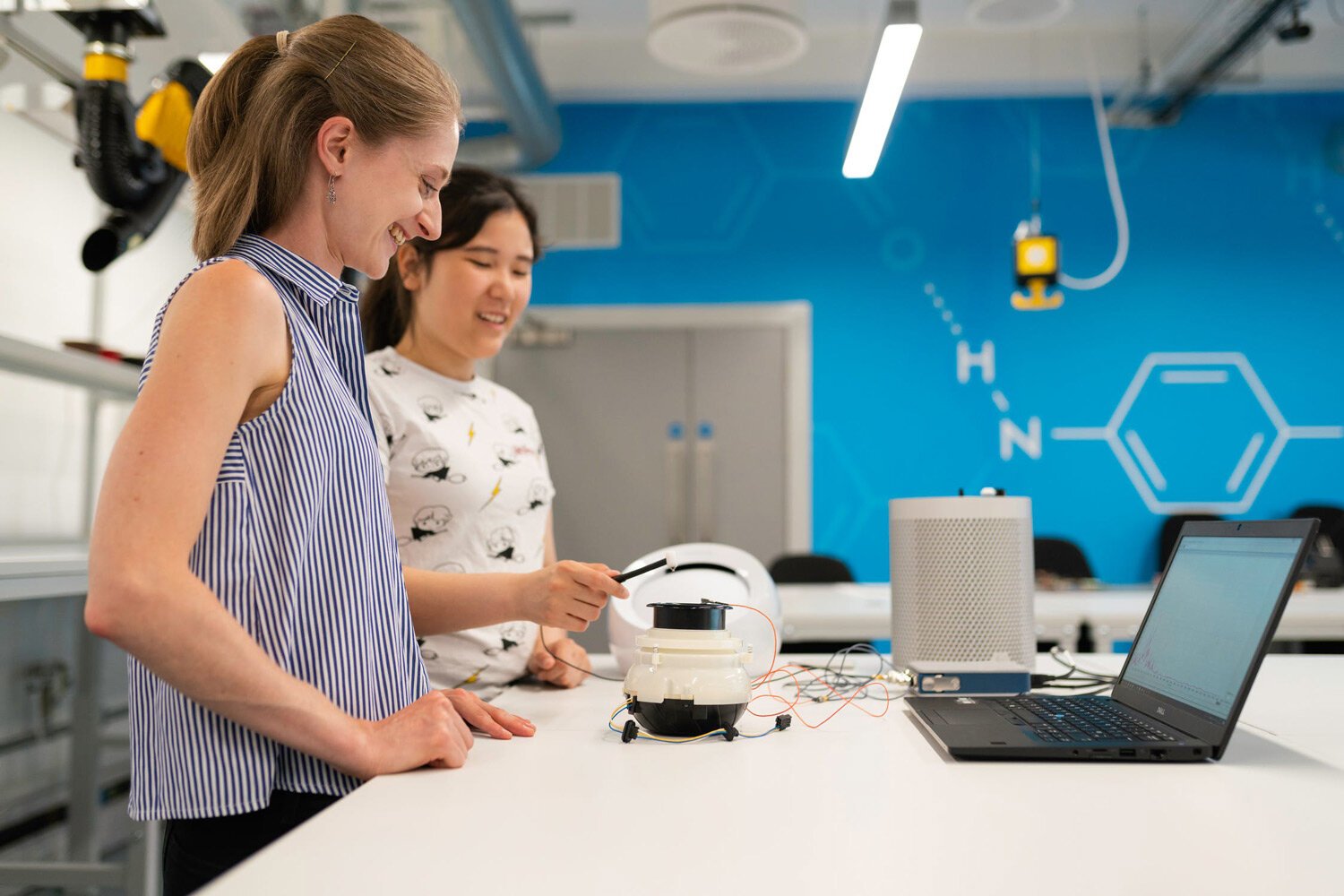Women in tech: Considering a post-Covid career in IT
In the wake of 2020’s pandemic, ways of working undoubtedly changed. Short-term, disruption to jobs was sudden, but the lasting impact on labour demand continues to show its effects.
In fact, according to a McKinsey Future of Work report, up to 25 percent more workers than previously estimated are potentially needing to switch occupations in a post-Covid world. Women in particular have fared worse than men across key New Zealand labour markets. Around three quarters of those who lost their jobs in New Zealand due to the impacts of Covid-19 were women. Women were disproportionately affected around the globe, with more than 64 million jobs and at least $800 billion in earnings lost.
Compared to many parts of the world who we know are still grappling with the devastating effects of the pandemic, we’re really grateful to be living with relative normality here in Aotearoa. And thankfully, in large part to how Aotearoa has collectively responded, the pandemic has also come with opportunity.
People need skilled IT professionals
Cost mitigation during uncertain economic times relies on automating and redesigning work processes. In the past year, an increasing shift towards remote work, digital transformation and cloud computing has amplified tech spending. The latest IDC Quarterly Computing Device Tracker said that 826,000 personal computers were shipped in 2020 as everyone geared up to work from home - up 12 percent from previous years. For businesses outside of the tech sector, these changes have also put increased reliance on outsourced IT support.
That means demand for skilled IT professionals across cloud technology, security and data has quickly taken a steeper hike on its upward trend. The Digital Skills Aotearoa Report 2021 confirms that, globally, the need for people with advanced digital skills is greater than the supply of qualified employees.
So, while finding customers isn’t an issue, finding skilled staff is.
A shortage of skills in the New Zealand tech sector isn’t new - that’s despite New Zealand producing around 6000 IT graduates each year. In a pre-Covid world, job opportunities largely bypassed those graduates in favour of people with more senior-level experience, or overseas talent.
But with borders closed, technology businesses aren’t able to rely on immigration to mitigate the skills gap. For them, it means upskilling their existing workforce and supporting accelerated career progression of graduates.
Education opportunities
As a tech business, we see it as an opportunity - and a responsibility - to step up and support the next generation of Kiwi IT professionals - particularly encouraging more women, Māori and Pasifika professionals to venture into STEM careers. Because according to the Digital Skills Aotearoa Report 2021:
Only 27% of the IT workforce are female, starting from only 39% taking NCEA technology at school.
Only 4% of the IT workforce are Māori, starting from only 14% taking NCEA technology at school.
Only 2.8% of the IT workforce are Pacific peoples, starting from only 9% taking NCEA technology at school.
We recognise that the diversity challenge starts in education. So, as part of our commitment to creating change, we’ve partnered with DigiWahine, an initiative run by Microsoft New Zealand which aims to dispel stereotypes associated with high tech jobs through mentorships, role models and technical experiences. DigiWahine focuses on inspiring year 9 and 10 students from Māori and Pasifika backgrounds. It gives them hands-on opportunities to experience different technology, as well as a chance to hear from women working in tech. Sophie Ribton, Brightly’s Business Impact and Customer Support, recently joined DigiWahine’s 17 May event at Bay of Islands College, where she spoke about her own career journey in technology.
Tech industry internships
Further up the pipeline, we’re also supporting career pathways into tech through internship. Sophie herself joined Brightly through another industry initiative we support - AUT’s Co-Op programme, which provides an internship opportunity for a young worker as they transition from their studies to the business world. Students can put what they’ve learned in the classroom into action on the job, learning from real situations and developing their own professional skills.
Less than 200 people undertook reskilling into digital technology careers in 2019 (read the Digital Skills Aotearoa report). But in a post-Covid world, we think the time is ripe for more Kiwis to transfer the value of their existing professional experience into tech careers with plenty of opportunity for growth.
So, is it time for a career pivot? If you want to know more, groups like NZ Tech, Tech Women and She# are also doing their bit to empower and inspire more women into STEM careers, and are a good place to go for guidance if you want to understand more about the opportunities that exist in the tech industry.



